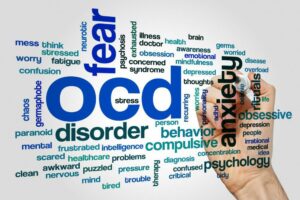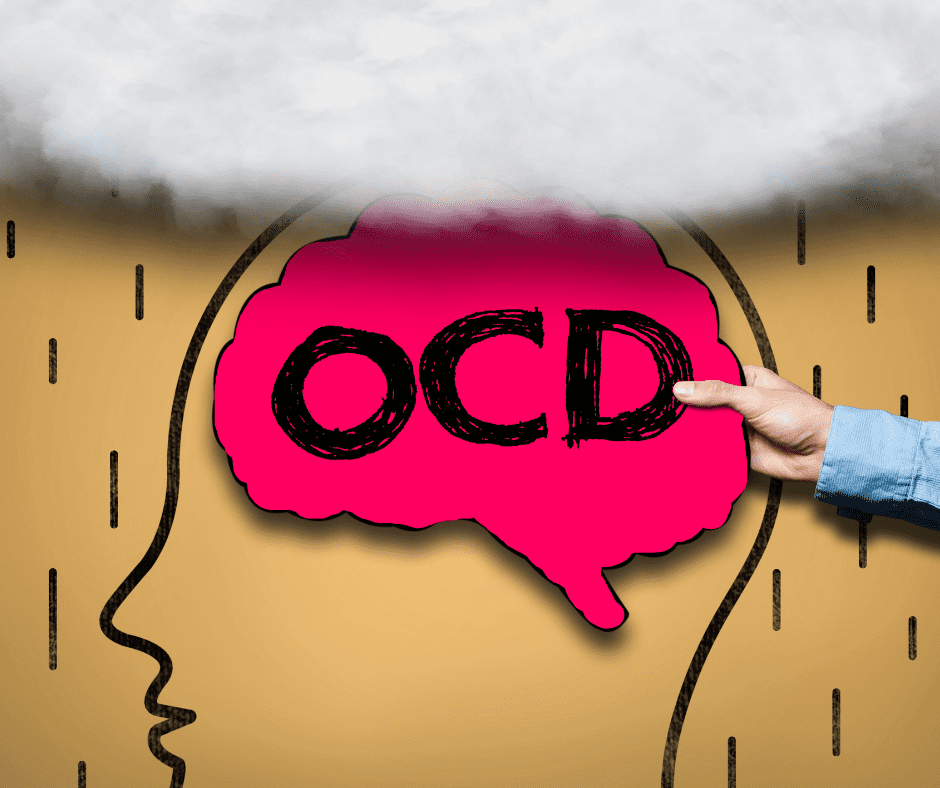OCD stands for Obsessive Compulsive Disorder and it’s a mental health condition that affects 1% of the population. Sufferers experience intrusive thoughts, or images, that trigger repetitive actions in an attempt to alleviate the anxiety or distress caused by the thought. In this blog article, we will explore some of the concepts about OCD germs and how you can protect yourself from them. From hand sanitizer to avoiding close contact with others, read on to learn about some simple ways to reduce your risk for OCD bacteria.
Contents
What are OCD Germs?

There are a few concepts about these germs that may be of interest to you. First, it has been suggested that having obsessive thoughts and rituals can spread germs or contaminants in the environment. This is because people with OCD often focus their attention on specific details in their environment which can potentially create contamination fears.
Another concept is that people with OCD may be more likely to develop infections because of the way they spend their time and the things they do. People with OCD may spend a lot of time washing their hands or cleaning up after themselves, both of which could lead to increased exposure to germs. Finally, people with OCD may also be more likely to experience panic attacks or other mood disorders, both of which could lead to increased susceptibility to infections.
Facts About OCD Germs0 notifications
These are some of the facts revolving around OCD germs:
- These germs can cause problems with the immune system.
- Some of the symptoms of OCD can be caused by an overactive immune system. A high level of anxiety and stress can also increase the risk of developing OCD.
- OCD germs can cause problems with the digestive system. People with OCD may have a harder time digesting food or getting the nutrients they need. This can lead to weight loss or malnutrition, which in turn can make OCD symptoms worse.
- OCD germs may also contribute to other health problems, such as asthma and allergies. There may be many other ways in which OCD germs can affect a person’s health, but these are just a few examples.
Myths About OCD Germs
There are a lot of myths about OCD germs.
- Some people believe that OCD is caused by bacteria, while others think that the sufferers are unclean and must constantly cleanse themselves. The truth is that there is no scientific evidence to support either of these beliefs. There is little information available about these germs at all.
- What is known about these germs comes from studies about obsessive-compulsive disorder (OCD) in general. It’s been shown that people with OCD are more likely to have high levels of anxiety and stress, which can lead to an increased susceptibility to infections. However, this does not mean that these germs cause the disorder.
- Instead, it seems likely that the two problems are related. People with OCD may be more likely to develop infections because they’re constantly worried about dirt and contamination. This worry can lead to physical symptoms like headaches or dizziness, which in turn can increase the person’s anxiety and stress levels even further.
Are OCD Germs and OCD Contamination the Same?

There is some confusion about the terminology for OCD and germs. Terms are commonly thought of as bacteria, although there is no scientific evidence that this is true. There is some evidence that OCD may be caused by several different things, including genetic factors and environmental factors.
OCD germs are also often thought of as being a cause of OCD contamination. However, this too is not entirely accurate. It has been suggested that OCD germs might be present in some people who have OCD, but they are not necessarily responsible for causing the disorder. Instead, it seems likely that the presence of these germs contributes to the development and severity of OCD symptoms in some people.
Overall, it is important to remember that OCD and germs are not the same things. OCD germs may be present in some people with OCD, but they do not necessarily cause the disorder.
How To Deal With OCD Germs?

There are a variety of ways that people with OCD tend to deal with germs, some more effective than others.
Avoid Harsh Soaps
When you are trying to avoid germs, it is important to avoid harsh soaps. Harsh soaps can exacerbate OCD symptoms by causing people to become hyper-vigilant and overly suspicious of their surroundings.
Instead, try using gentle soap or a soap that is specifically designed for individuals with OCD. These soaps are typically less irritating and will not cause as much stress.
Avoid Germs at All Costs
Another way that people with OCD tend to deal with germs is by trying to avoid them altogether. This can be difficult, but it is important to remember that it is also important to take care of oneself.
If you can keep yourself clean and free from germs, then you are taking one important step toward managing your OCD symptoms.
Use Antibiotics as a Last Resort
If all other methods of dealing with germs fail, then antibiotics may be an effective solution. However, it is important to speak with a doctor before taking antibiotics to make sure that they are the correct treatment for your specific situation.
If you are struggling to deal with your OCD symptoms, then it is important to seek out help. There are a variety of treatments available that can help manage and alleviate your symptoms.
Conclusion
There is a lot of misinformation surrounding OCD germs, which can make living with OCD much harder. However, by arming yourself with the correct information you can start to understand and manage your OCD better. Understanding your triggers and how to prevent them from happening is essential to managing your OCD symptoms. And finally, it’s important to remember that everyone experiences different levels of OCD; what works for one person may not work for another. So don’t be afraid to experiment – find out what works best for you and keep riding that wave of progress.
For more information and guidance, please contact MantraCare. OCD is a mental health disorder characterized by obsessions and compulsions. If you have any queries regarding Online OCD Counseling experienced therapists at MantraCare can help: Book a trial OCD therapy session


